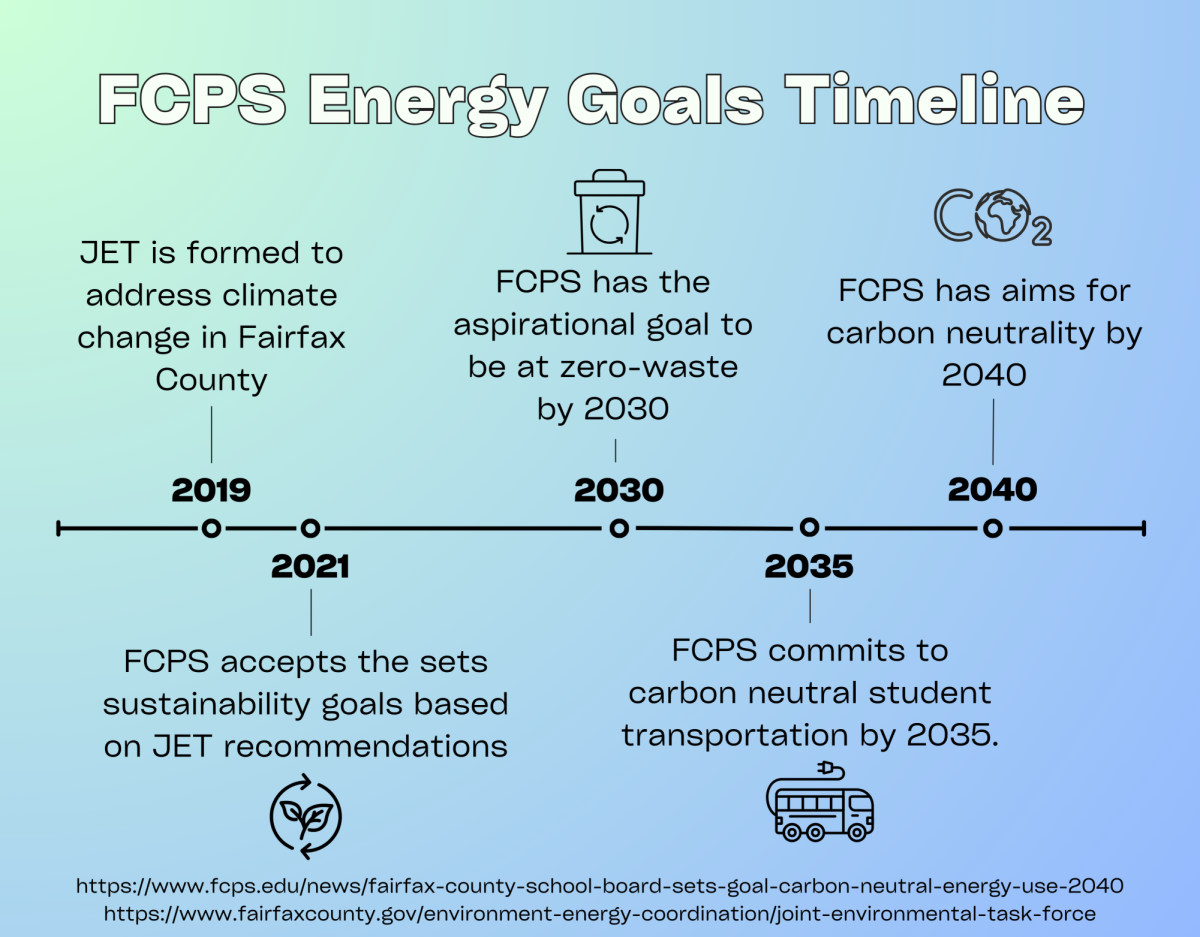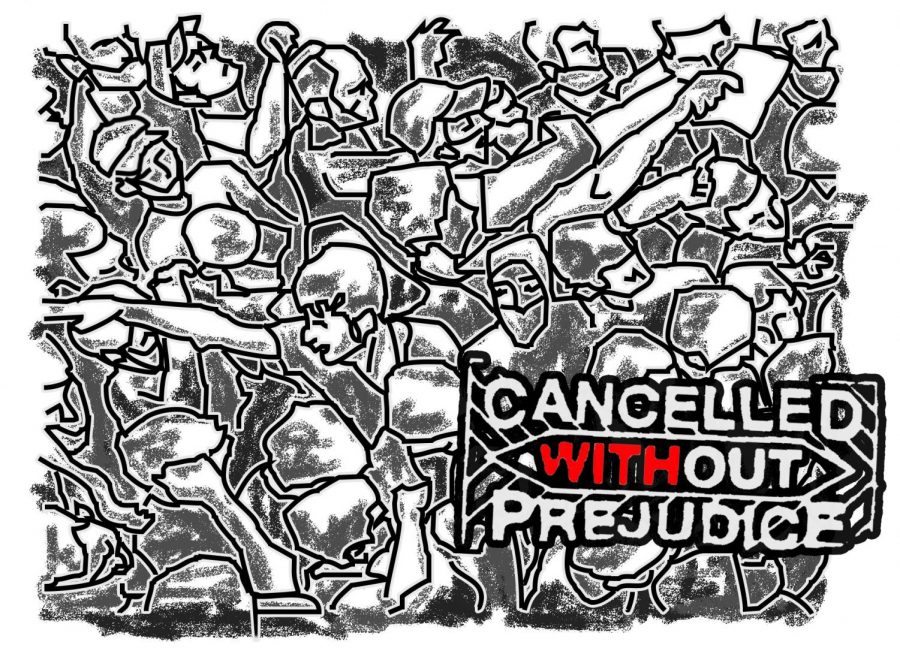Y.R. is an Iranian chemical engineer. In 2016, she stayed awake for 24 consecutive hours supervising catalysts in her laboratory, a task that most modern labs with basic funding could manage without human supervision. But this isn’t any modern lab Y.R. works in; this is an outdated facility in the crowded metropolis of Iran’s capital Tehran, a city seeped in political turmoil and economic crisis. For Y.R., this was the moment she realized it was time to leave her country of shortcomings behind and set her sights on the land of opportunity: America. In 2017, she tried and failed. A case of bad timing with the new president was the wall that kept her in Iran for the next four years.
Last month, President Biden repealed the infamous Muslim Travel Ban, Executive Orders 13769 and 13780, that was initiated in 2017 by former president Donald Trump. Titled “Protecting the Nation from Foreign Terrorist Entry into the United States,” it barred millions of citizens from primarily Muslim-majority and African nations from entering the U.S. on the basis of their nationality.
For those affected by the ban, its removal is only a tiny step in repairing the impact it left behind.
Y.R. is one of those directly affected by the Muslim Travel Ban.
“Having a child who just turned two,” she said, “I wanted her to grow up in a more peaceful, educated environment. I wanted to move closer to my sister and my niece…I wanted to gain more knowledge and extend my research with new and cutting-edge devices in the U.S.”
Sahar Alaei, a senior at Granite Bay High School, is Y.R.’s niece. Watching her extended family suffer with immigration was crushing.
“It pains me to see that populations and countries as a whole are being punished without reason,” Alaei said.
But according to Trump, there was a reason for Y.R.’s rejection. He said it was “to keep radical Islamic terrorists out,” and according to his former administration, it was to limit terrorist activity, substandard cooperation with U.S. officials and inability to properly document and vet suspicious travelers. This reasoning has been countered by the fact that there is no proof that the officials who advocated for the policy based their decision on research or evidence.
Oussama Mokeddem is the Policy and Advocacy Manager for the Sacramento Valley and Central California chapter of the Council on American-Islamic Relations, or CAIR, the nation’s largest Muslim civil rights organization. In addition to these attempts at justification, Mokeddem often hears the “America First” narrative pushing the idea that restricting immigration redirects resources to home.
However, Mokeddem argues that America’s abnormally high levels of homelessness and unemployment is an example of how such a plan of action has proven unsuccessful.
“If (immigration) was the issue,” he said, “then why does the United States still have the highest population of homeless people amongst the ‘First World?’ Why is the United States’ unemployment rate the highest it’s been in recent history with millions of people without jobs?”
His words echo a popular point-of-view that immigrants would boost the American economy.
Households led by Middle-Easterners and North Africans earned $58.5 billion in total income and contributed $17 billion in tax revenues in 2015 alone according to a report from New American Economy. In fact, a joint study between the Partnership for a New American Economy and the American Enterprise Institute recorded that every additional H-1B visa awarded to a state created 1.83 more jobs for US-born workers in the following seven years, proving that natives benefit from immigrants like Y.R.
The justifications for the Muslim Ban share the same roots as the justifications for all of the United States’ societal illnesses, namely the lack of willingness to come to terms that we have deeply rooted issues that we can’t address until those governing are willing to admit them.
— Oussama Mokeddem
“The justifications for the Muslim Ban share the same roots as the justifications for all of the United States’ societal illnesses,” Mokeddem said, “namely the lack of willingness to come to terms that we have deeply rooted issues that we can’t address until those governing are willing to admit them.”
The issues that Mokeddem brings up are what for many is an obvious and uncomfortable truth. The Muslim Ban was a result of Islamophobia and xenophobia, issues that President Biden can’t overturn with a signature.
Research from the ISPU and New America’s Muslim Diaspora Initiative highlights the noticeable growth of anti-Muslim activities since 2015. In 2016, the Pew Research Center recorded assaults against Muslims surpassing the 2001 level.
Regarding an incident in 2017 when Tarbiya Institute, a mosque in Roseville, was a victim of a hate crime involving vandalism, religious leader Mohamed Abdul-Azeez expressed his concern for the local and national Muslim community.
“Muslims all over America were heavily affected these past four years,” Abdul-Azeez said. “A lot of people with relatives overseas were not able to see each other because of the Muslim ban, a lot of Muslim women took off their hijabs, and a lot of Muslims lost jobs because they were outright discriminated against.”
Maan Istanbuli, a sophomore at GBHS, was also subject to a xenophobic environment. Born in Syria, Istanbuli immigrated from Saudi Arabia to the United States in 2017.
“I remember somebody refused to shake my hand after a volleyball game because they saw my Syrian flag chain,” he said. “I heard him whisper ‘bomber’ or something like that under his breath.
Coming here as an immigrant comes with sacrifice. We just have to deal with it.”
According to Mokeddem, xenophobia and Islamophobia were the foundation of the Muslim and African ban.
“You had an administration that came to power through the antagonizing of various different members of American society,’ Mokeddem said. “This same administration doubled down on that narrative by flexing its executive powers (with the Muslim Travel Ban) to show Americans that it can do as it wishes.
Unfortunately, the need to prove that overshadowed the tragedies of family separation and hate crimes that were amplified as a consequence.”
Istanbuli’s family applied for visas around the time of the travel ban’s implementation.
“My uncle was declined,” Istanbuli said. “I don’t know how (my immediate family) got lucky.”
Istanbuli hasn’t seen his extended family in over a decade. He believes that the travel ban ruined all chances of seeing them again any time soon. That is because there is an enormous backlog of immigration applications that have accumulated over the past four years and have yet to be processed.
“I forgot their faces,” he said. “I really wish they could come join me here, but that’s just not the reality.”
In the meantime, Y.R. has decided that she will begin her immigration application process to Canada.
This story was originally published on GraniteBayToday.org on March 1, 2021.































![IN THE SPOTLIGHT: Junior Zalie Mann performs “I Love to Cry at Weddings,” an ensemble piece from the fall musical Sweet Charity, to prospective students during the Fine Arts Showcase on Wednesday, Nov. 8. The showcase is a compilation of performances and demonstrations from each fine arts strand offered at McCallum. This show is put on so that prospective students can see if they are interested in joining an academy or major.
Sweet Charity originally ran the weekends of Sept. 28 and Oct. 8, but made a comeback for the Fine Arts Showcase.
“[Being at the front in the spotlight] is my favorite part of the whole dance, so I was super happy to be on stage performing and smiling at the audience,” Mann said.
Mann performed in both the musical theatre performance and dance excerpt “Ethereal,” a contemporary piece choreographed by the new dance director Terrance Carson, in the showcase. With also being a dance ambassador, Mann got to talk about what MAC dance is, her experience and answer any questions the aspiring arts majors and their parents may have.
Caption by Maya Tackett.](https://bestofsno.com/wp-content/uploads/2024/02/53321803427_47cd17fe70_o-1-1200x800.jpg)
![SPREADING THE JOY: Sophomore Chim Becker poses with sophomores Cozbi Sims and Lou Davidson while manning a table at the Hispanic Heritage treat day during lunch of Sept 28. Becker is a part of the students of color alliance, who put together the activity to raise money for their club.
“It [the stand] was really fun because McCallum has a lot of latino kids,” Becker said. “And I think it was nice that I could share the stuff that I usually just have at home with people who have never tried it before.”
Becker recognizes the importance of celebrating Hispanic heritage at Mac.
“I think its important to celebrate,” Becker said. “Because our culture is awesome and super cool, and everybody should be able to learn about other cultures of the world.”
Caption by JoJo Barnard.](https://bestofsno.com/wp-content/uploads/2024/01/53221601352_4127a81c41_o-1200x675.jpg)






